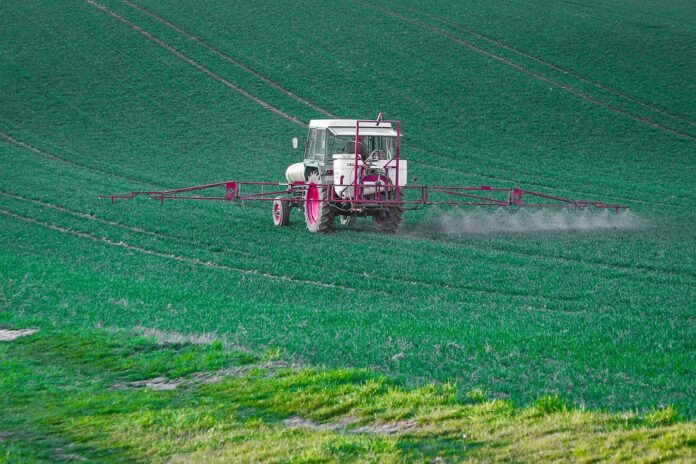Introduction
Drone technology has revolutionized many industries, including agriculture. One particular area where drones are making a significant impact is in pest control. Drone sprayers are becoming increasingly popular in modern agriculture as they offer a more efficient and cost-effective way to apply pesticides to crops. In this report, we will delve into how drone sprayers are transforming pest control in agriculture, the financial implications of this technology, actual companies leading the way, and key industry insights.
The Rise of Drone Sprayers in Pest Control
Efficiency and Precision
Drone sprayers are equipped with high-resolution cameras and sensors that allow them to precisely target areas affected by pests. This level of precision ensures that pesticides are applied only where they are needed, reducing wastage and minimizing environmental impact. Traditional methods of pest control, such as manual spraying or using tractor-mounted sprayers, are often less precise and can lead to over-application of pesticides.
Cost-Effectiveness
Using drone sprayers for pest control can also be more cost-effective in the long run. While the initial investment in drone technology may be higher than traditional methods, the savings in labor and pesticide costs can quickly offset this. Additionally, drones can cover larger areas in a shorter amount of time, reducing the overall cost of pest control operations.
Financial Implications
Savings in Labor Costs
One of the key financial benefits of using drone sprayers for pest control is the savings in labor costs. Drones can be operated by a single pilot, reducing the need for manual labor in the field. This can lead to significant cost savings for farmers, especially in large-scale agricultural operations.
Reduction in Pesticide Costs
Another financial advantage of using drone sprayers is the reduction in pesticide costs. By applying pesticides more precisely, farmers can use less chemicals overall, saving money on expensive pesticides. This not only benefits the bottom line but also reduces the environmental impact of pesticide use.
Actual Companies Leading the Way
DJI
DJI, a Chinese technology company known for its drones, is one of the leading companies in the drone sprayer market. Their Agras series of agriculture drones are specifically designed for crop spraying and have been widely adopted by farmers around the world. DJI’s drones are known for their reliability, efficiency, and precision, making them a popular choice for pest control in agriculture.
Yamaha
Yamaha, a Japanese company with a long history in the agriculture industry, is also a key player in the drone sprayer market. Their RMAX helicopter drone is widely used for crop spraying and has been proven to be effective in pest control operations. Yamaha’s drones are known for their durability and performance, making them a favorite among farmers looking for reliable pest control solutions.
Key Industry Insights
Growth Potential
The drone sprayer market is poised for significant growth in the coming years as more farmers realize the benefits of this technology. With advancements in drone technology, such as increased payload capacity and longer flight times, drones are becoming even more efficient and effective in pest control operations. This growth potential presents opportunities for companies in the drone industry to expand their offerings and capture a larger market share.
Regulatory Challenges
Despite the many benefits of using drone sprayers for pest control, there are still regulatory challenges that need to be addressed. In many countries, there are strict regulations governing the use of drones in agriculture, particularly when it comes to pesticide application. Companies in the drone sprayer market will need to work closely with regulatory bodies to ensure compliance and overcome these challenges.
In conclusion, drone sprayers are revolutionizing pest control in modern agriculture by offering a more efficient, cost-effective, and precise way to apply pesticides to crops. With the financial benefits of savings in labor and pesticide costs, actual companies leading the way such as DJI and Yamaha, and key industry insights on growth potential and regulatory challenges, it is clear that drone sprayers are here to stay in the agriculture industry.




